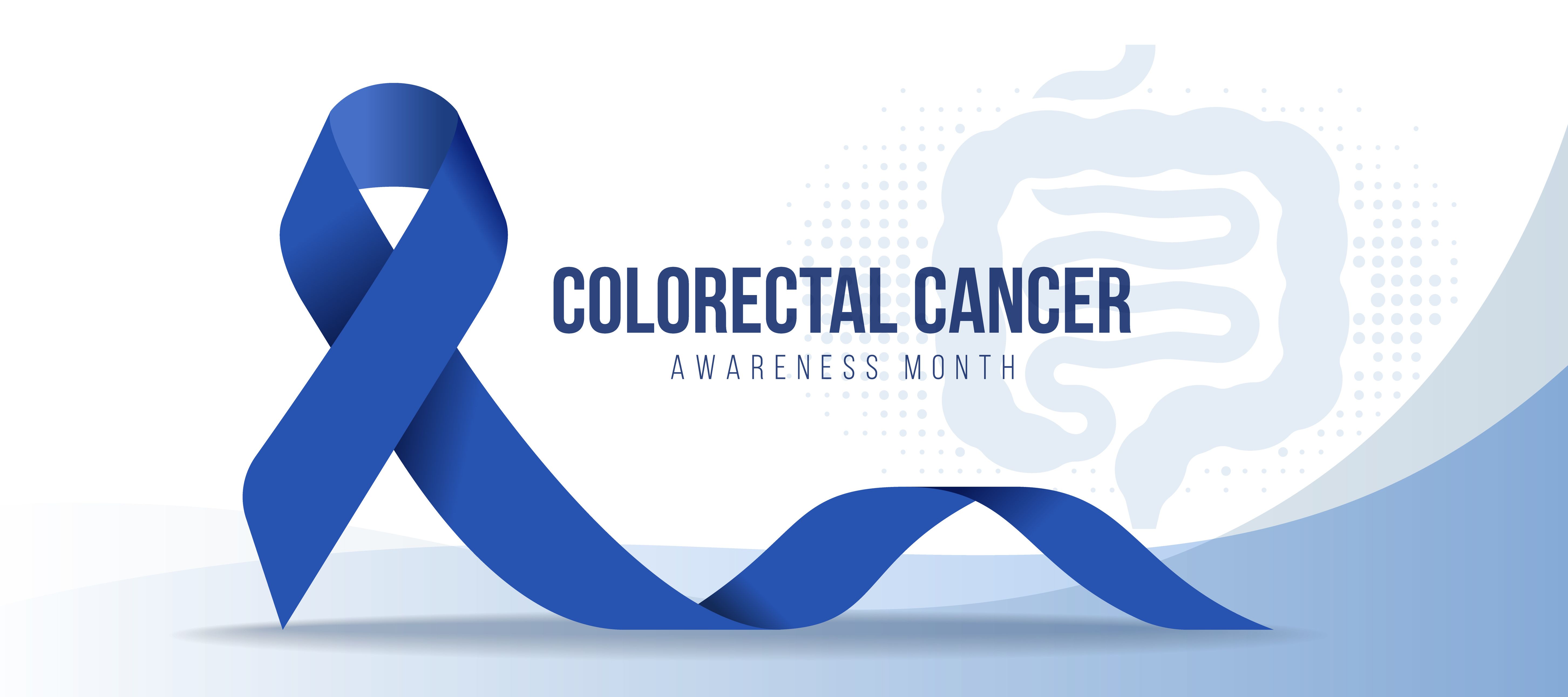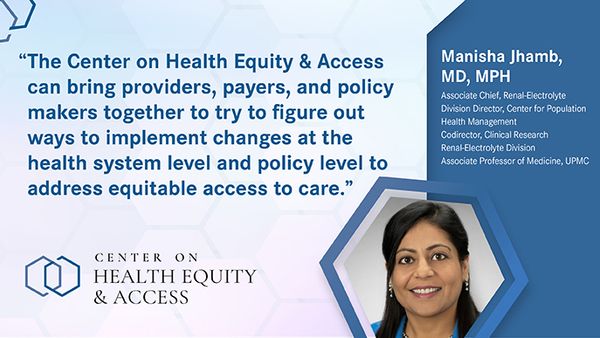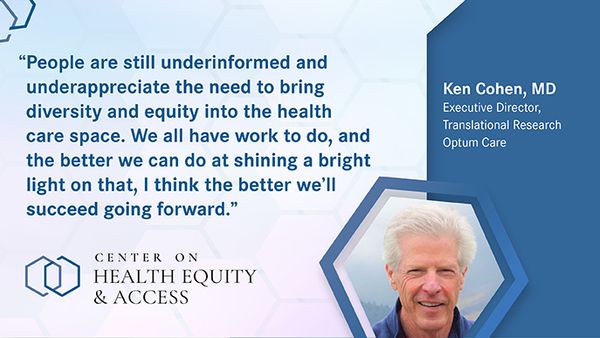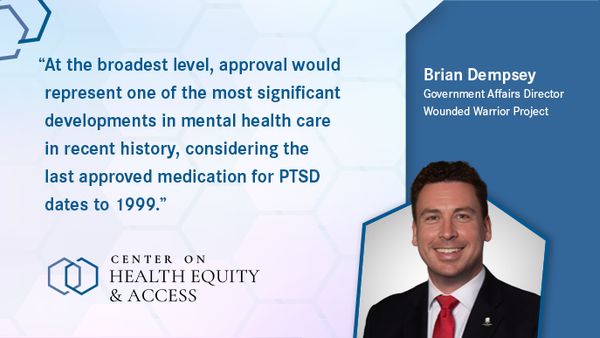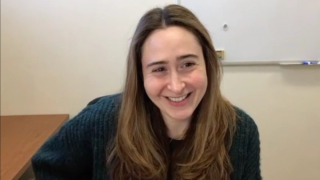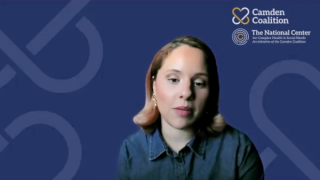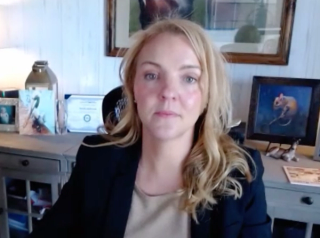
Center on Health Equity & Access
Latest News
Latest Videos

CME Content
More News

This article explores the challenges and highlights actionable telehealth solutions that enhance access to care, particularly for mothers at higher risk of postpartum depression.

A stratified demographics analysis of video visit telemetry data reveals that age older than 65 years and African American/Black race are associated with higher video visit failure rates, whereas language, sex, and ethnicity are not.

Information on health equity was removed by the federal government for both the Children’s Health Insurance Program and Medicaid.

Artificial intelligence (AI) and electronic health record–based automation tools helped a safety-net health system meet performance-based readmission metrics, thereby retaining critical funding while improving clinical and equity outcomes.

Posters presented at the Association of Cancer Care Centers (ACCC) opening session covered initiatives to boost clinical trial diversity and address disparities in bladder cancer trials.

This article presents challenges and solutions regarding health care–focused large language models (LLMs) and summarizes key recommendations from major regulatory and governance bodies for LLM development, implementation, and maintenance.

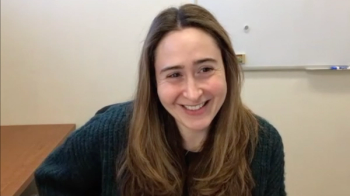
Rebecca Haberman, MD, of NYU Langone Health, highlights precision medicine and potential prevention strategies, two areas of promising psoriatic arthritis research.

This investigation analyzes public data on adult patients from the 2017 National Health Interview Survey, including how often they were treated with respect and could see health care providers who shared their cultural views.

The Center on Health Equity & Access delves into the latest research, policy shifts, and expert viewpoints on advancing equity and improving access to care.
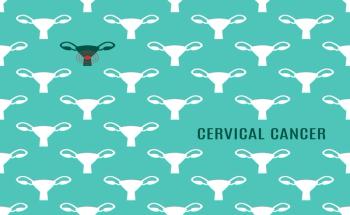
This new report is not the first to highlight cervical cancer disparities among women in the US.

Karen Winkfield, MD, PhD, addresses the importance of inclusive clinical trial participation and meeting patients where they are.

Effective communication, cultural competence, and patient advocacy are keys to overcoming language barriers in eye care, as highlighted in a presentation at the Southeastern Congress of Optometry 2025.
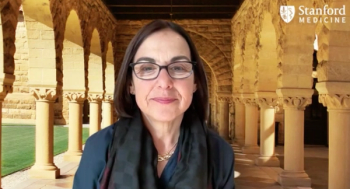
Lidia Schapira, MD, FASCO, professor of medicine at Stanford Medicine, medical oncologist, and director for the Stanford Cancer Institute and the Stanford Comprehensive Cancer Center, shares ways in which clinicians can help enhance patient engagement and shared decision-making.

Several rare disease patient populations received their first-ever FDA-approved drug since Rare Disease Day last year, signifying progress in closing treatment gaps for rare disease.
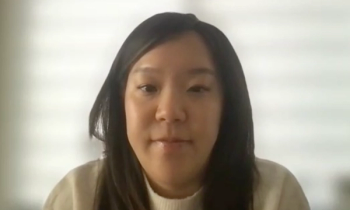
Tiffany Meng, PharmD, oncology pharmacist, UCSF Health, discusses ways that pharmacists can help guide patients to financial assistance programs to help facilitate better access to breast cancer therapies.

The Health Insurance Disparities Index allows stakeholders to assess progress in addressing health care disparities using publicly available, validated, reported health plan quality metrics results.

Of the surveyed physicians, 93% reported that prior authorization delays patient care, and 89% said it contributes to burnout.

The Center on Health Equity & Access explores recent research, policy, and expert perspectives on equity and care access.

The Southern Rural Black Women’s Initiative for Economic and Social Justice works to overcome race, class, cultural, religious, and gender barriers that Black women and young women face in the rural South, specifically the Mississippi Delta and the Black Belt regions of Alabama and Georgia.

Although her recent study acknowledges potential differences between White and non-White patients with psoriatic arthritis (PsA), Rebecca Haberman, MD, NYU Langone Health, emphasizes the need for further research to understand what these differences are and why they occur.
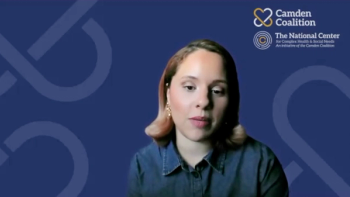
Gladys Antelo-Allen, Camden Coalition, shares the necessary skills to effectively equip supervisors to lead their teams and support individuals with complex health and social needs.
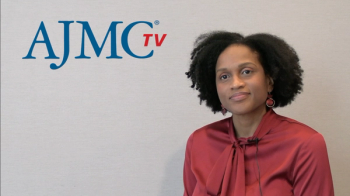
Jade E. Jones, MD, of Emory Winship Cancer Institute, shares how considering patients' travel needs, social services, and insurance concerns can help improve access to care.

President Donald J. Trump pushed for significant health care changes during his first month back in office, through executive orders affecting managed care, drug pricing, and clinical trial diversity guidance.
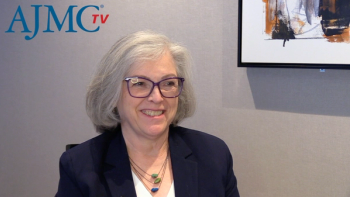
Susan Escudier, MD, FACP, discusses the impact of insurance coverage gaps, transportation barriers, and financial hardships on cancer care access and emphasizes the need for payers to better support patients at high risk.




